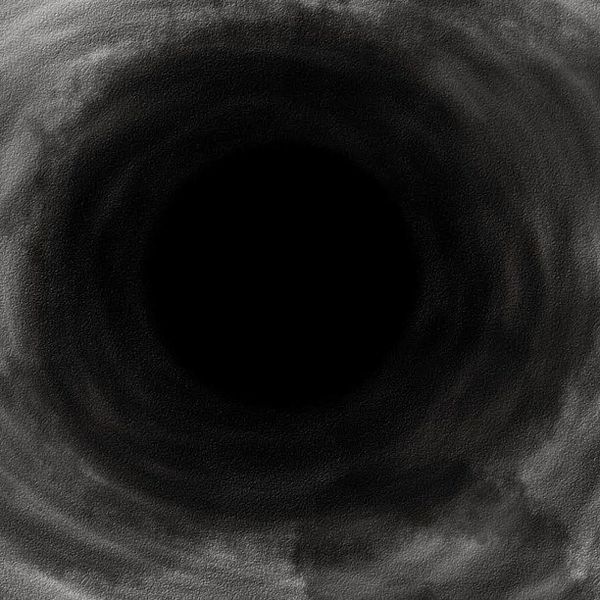Last Monday, Patton Oswalt, comedian, writer and actor, wrote a post on Facebook about his 102 days of grief since losing his wife Michelle McNamara suddenly in her sleep this past April. In the post, Oswalt compares his grief with his depression. Oswalt has been open about his experience with depression, even using it as a source of inspiration for his stand up. But in his words, depression is a fourth grade bully in comparison to the Jason Statham of grief. “Grief makes depression cower behind you and apologize for being such a d*ck."
We all have a tendency to believe that the last terrible thing we went through is the hardest thing we’ll ever have to do. I don’t know about Oswalt, but I thought surviving the arrival of mental illness in my life would be the hardest thing I would have to do. When I was first diagnosed with bipolar, it seemed a lot more like Jason Statham than a fourth grade bully. Honestly, it still does. And it terrifies me that someday this disorder, my captor, my terrorist, my monster under the bed, could be reduced to my bully. I can’t imagine bipolar apologizing to anybody.
But if my fiancé died, I think it would. I think it would cower behind the titan of my grief, and that made me realize something: having bipolar is not the most tragic thing that can happen to a person. Of course it isn’t, but the thing about mental illness is that it makes your brain think about itself all day, every day, relentless. You start to forget that it isn’t the only bad thing out there. And oddly enough, that’s actually comforting. Maybe it should scare me, that there are so many other terrible things in life I’ll have to face on top of being totally crazy, but it doesn’t. It makes me feel like myself again. It feels good to be scared of death again. It feels good to be afraid of the things everyone else is afraid of. It feels good to be scared of something outside of myself.
I don’t really believe that everything happens for a reason, or that the meaning people gain from suffering makes it worth it. But what Oswalt wrote about his grief did mean something to me, something beyond the powerful testament to pain that it was. It showed me that there is a life outside of bipolar, that there are still more terrible things. And if there are things worse than I can possibly imagine, there might be things better than I can possibly imagine. I don’t want to turn Oswalt’s grief into some kind of inspirational tool, but to pretend it didn’t change something in me would be an insult to Oswalt’s incredible ability to reach out and touch people with his writing.
Patton Oswalt, I wish you’d never had the opportunity to write it, but you helped a lot of people with your post.





















